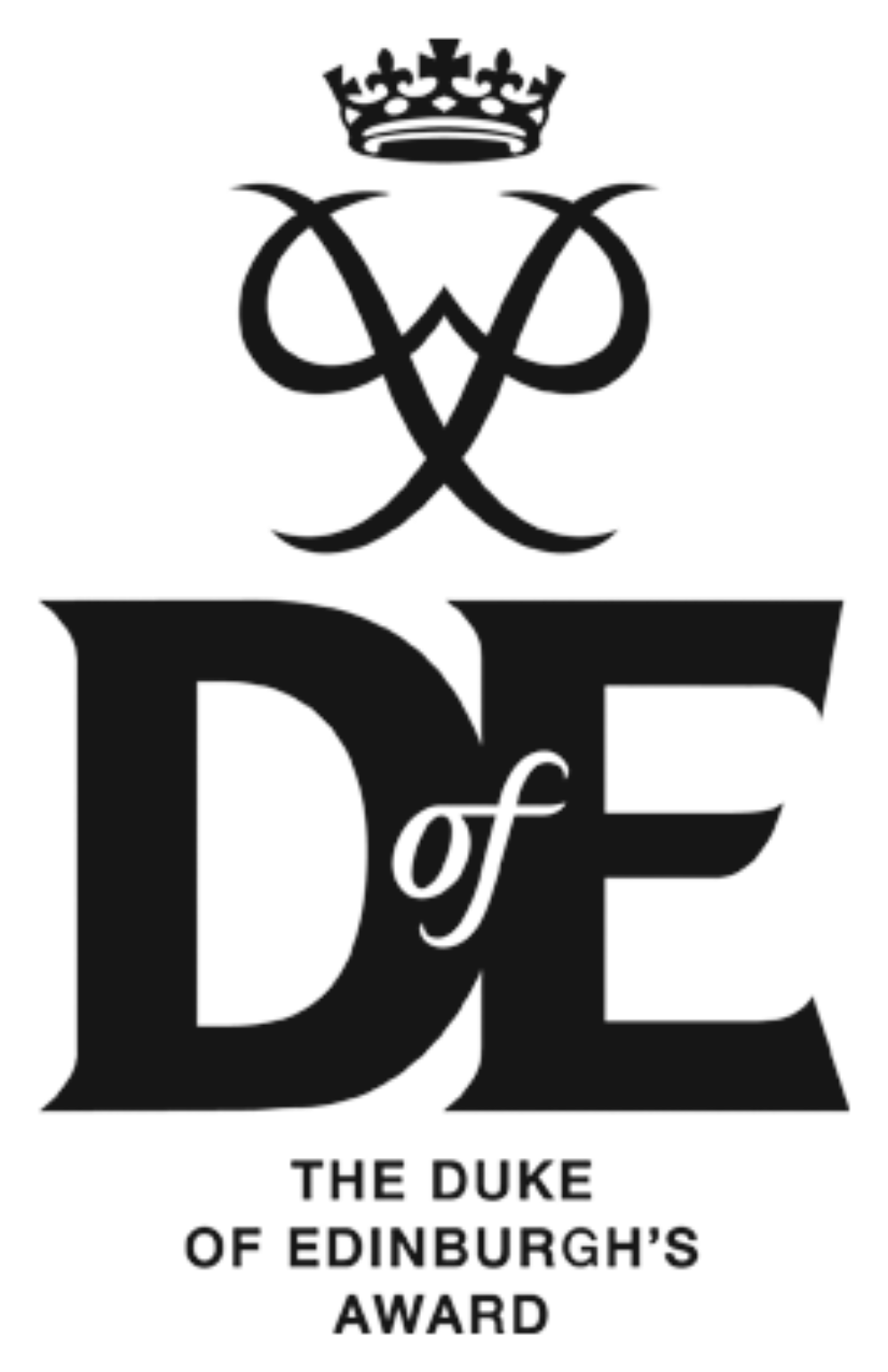Safeguarding
Safeguarding is everyone’s responsibility.
Thomas Hall School is committed to safeguarding and promoting the welfare of children and young people. We expect all staff and volunteers to share this commitment. All staff (including supply staff, volunteers and governors) must ensure that they are aware of these procedures.
Safeguarding at Thomas Hall School is of the highest importance. We have a Designated Safeguarding Lead (DSL) and a Deputy DSL. We also have a number of other experienced members of staff that are trained to Level 3 Safeguarding and able to deputise for either the DSL or the Deputy DSL. We have a Child Protection and Safeguarding Policy which can be found on the Reach South Trust website.
Sometimes we may need to share information and work in partnership with other agencies when there are concerns about a child’s welfare. We will ensure that our concerns about our students are discussed with his/her parents/carers first unless we have reason to believe this would be contrary to the child’s welfare.
Designated Safeguarding Lead Team
- Helen Towler-Williams – Designated Safeguarding Lead (DSL)
- George Housden – Deputy Designated Safeguarding Lead (DDSL)
- Phil Arnold – Safeguarding Team Member
- Beth Drew – Safeguarding Team Member
- Sam Rose – Safeguarding Team Member
- Julia Wood - Safeguarding Team Member
- Shana Day - Safeguarding Team Member
- Joe Whibley - Safeguarding Team Member
- Kayleigh Sweetland - Safeguarding Team Member
- Sophie Greaves - Safeguarding Team Member
- Chloe Reep - Safeguarding Team Member
You can email the Safeguarding Team on safeguarding@thomashallschool.org
Operation Encompass
Our school is part of Operation Encompass. This is a police and education early intervention safeguarding partnership which supports children and young people who experience Domestic Abuse. Operation Encompass means that the police will share information about Domestic Abuse incidents with our school PRIOR to the start of the next school day when they have been called to a domestic incident. We have staff trained as Key Adults to receive this information and to ensure support is put in place for the student.
What to do if you are worried about a child or young person
The Devon Children and Families Partnership provides lots of useful information about keeping children safe and also guidance on what to do if you are worried about a child or young person. The website is:
Devon Children and Families Partnership
The Multi-Agency Safeguarding Hub (MASH) is the key contact for any enquiries about child protection. Their contact details are: 0345 155 1071 or out of hours 0845 6000 388. If you are worried that a child or young person is in immediate danger please contact the police on 999 and for non-emergencies 101.
The NSPCC is good resource for information and guidance on safeguarding. They have a dedicated helpline for if you are worried about a child or young person. Their details are:
Helpline: 0808 800 5000
Online safety
We help our students to stay safe online. Technology is constantly changing and we need to keep up to date with the latest ways to safeguard children.
CEOP (formally the Child Exploitation and Online Protection Centre) has the latest information on keeping children safe online and has a dedicated section for parents and carers. It can be found here:
If you are worried about a child or young person’s safety online, if they are involved in inappropriate contact with someone online you can report it directly to CEOP using this button:
If someone is in immediate danger, contact the Police on 999.
Radicalisation
“Radicalisation” refers to the process by which a person comes to support terrorism and forms of extremism leading to terrorism. During that process it is possible to intervene to prevent vulnerable people being drawn into terrorist-related activity.
‘Prevent’ relates to the Counter Terrorism and Security Act 2015 which came into force on 1 July 2015.
Since July 1 2015 there has been a duty on schools to have ‘due regard to the need to prevent people from being drawn into terrorism’. This is called the Prevent duty. Prevent is part of the Government’s counter terrorism strategy. Its aim is to stop more people from becoming terrorists or supporting terrorism in all its forms.
If a member of staff has a concern about a particular student they should follow the school’s normal safeguarding procedures.
County Lines
Devon and Cornwall Police guidance on County Lines
Child Sexual Exploitation (CSE)
Sexual exploitation is a form of sexual abuse, in which a young person is manipulated or forced into taking part in a sexual act. This could be as part of a seemingly consensual relationship, or in return for attention, affection, money, drugs, alcohol or somewhere to stay. The young person may think that their abuser is their friend, or even their boyfriend or girlfriend. But they will put them into dangerous situations, forcing the young person to do things they don’t want to do. The abuser may physically or verbally threaten the young person, or be violent towards them. They will control and manipulate them, and try to isolate them from friends and family.
Further information can be found on the NSPCC website:
Below is our list of key contacts within safeguarding.



